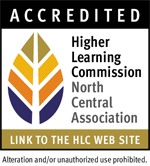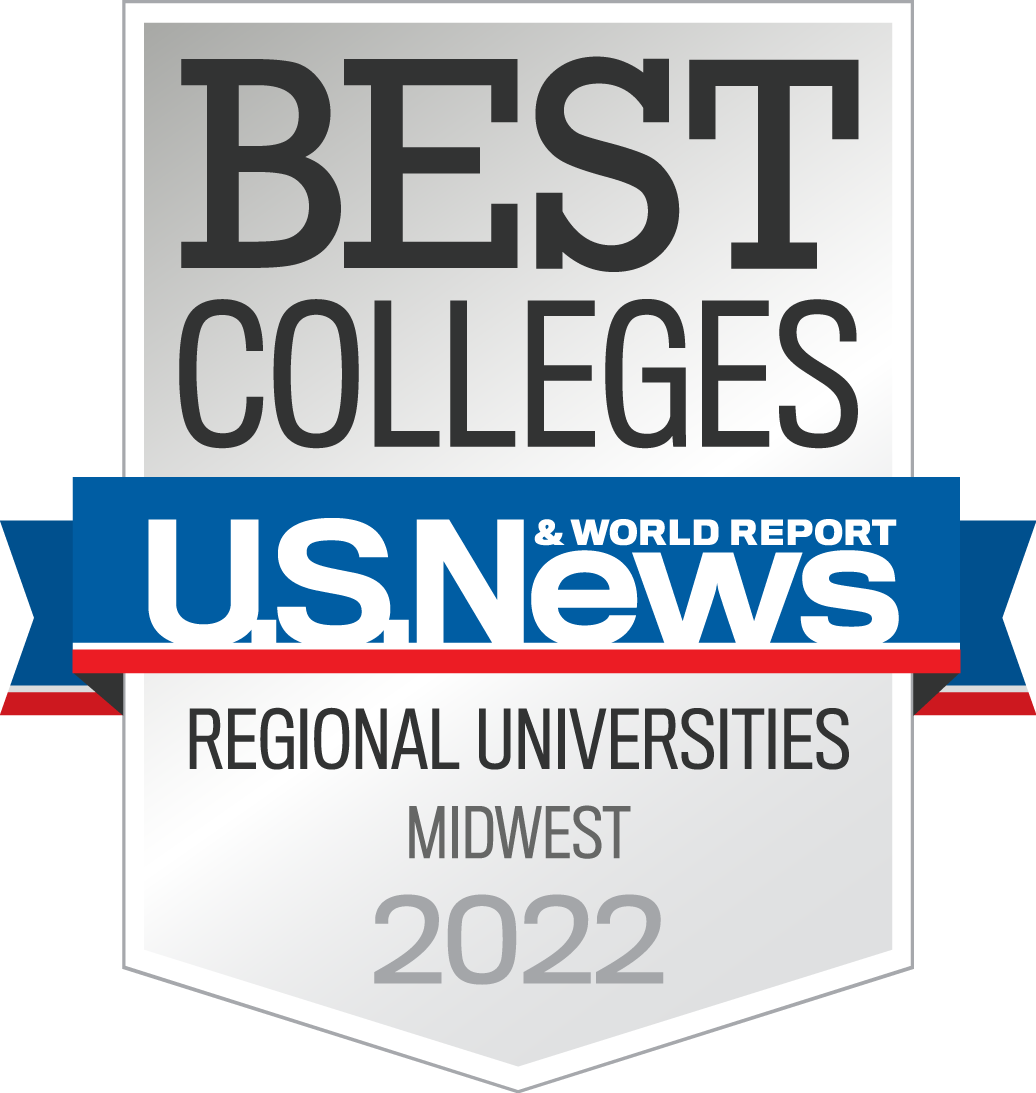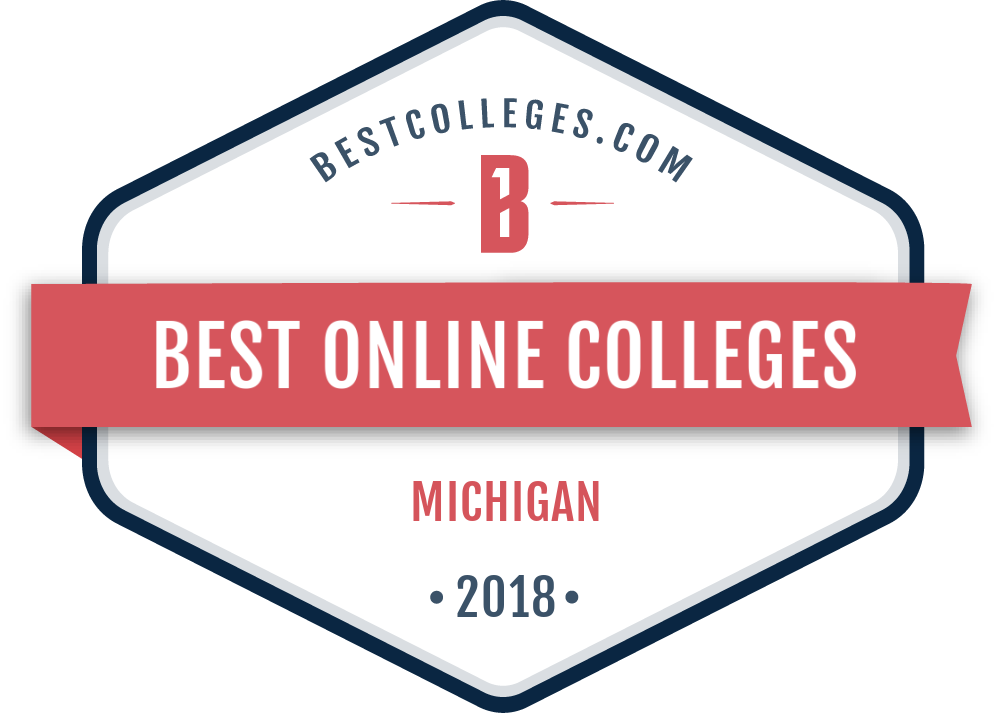Hospital and Nursing Issues: Ways an MSN Degree Can Help

Healthcare is evolving and growing at a rapid pace. New developments in technology, a growing body of medical and scientific knowledge and expanding access to healthcare are just a few factors fueling the field’s growth. Technology is being used in many new ways to help patients and healthcare providers. Healthcare providers are also gaining a better understanding of diseases and have access to new treatments, thanks to innovation.
The nursing profession influences changes in healthcare, but it is also affected by them. Change and growth create new nursing issues, and adapting to change can be tough if nurses aren’t prepared to accept the challenge. By furthering their education, such as earning a Master of Science in Nursing, nurses can gain the edge they need to be part of the solution to the problems in healthcare, and to promote better outcomes for patients.
Importance of Addressing Hospital and Nursing Issues
Nurses need to pay close attention to issues that arise within their scope of care, particularly those that affect patients in a hospital setting. Some of the main reasons to address issues early are:
- Preventing the issues from having a ripple or domino effect throughout the patient population (for instance, an infection that affects an entire floor or wing of the hospital)
- Improving efficiency to promote a better patient experience and ease burnout among nurses
- Ensuring the issues are resolved before they snowball into more serious compliance concerns or accreditation violations
- Reducing potential hazards to the safety and wellness of patients as well as other staff members
For these and other reasons, hospital nursing leaders need to be vigilant about identifying and resolving serious nursing issues.
6 Top Hospital and Nursing Issues
While concerns can vary from one hospital to the next, every nurse leader should have these common nursing issues on their radar.
1. The Shortage of Health Care Providers
The shortage of healthcare providers, especially in primary care, leads to a prominent issue in nursing. The American Association of Medical Colleges (AAMC) projects that the primary care provider shortage will increase to between 37,800 and 124,000 providers by 2034.
Demand for primary care services is projected to increase in the years to come. The federal government’s Health Resources and Services Administration (HRSA) estimates that demand for primary care physicians will grow more rapidly than the physician supply, causing a projected shortage of approximately 20,400 physicians.
Many patients, especially those in rural locations, are currently unable to obtain care in a timely manner. Some patients have transportation issues that make accessing healthcare difficult due to the need to travel long distances.
The role of nurse practitioner (NP) is an expansion of the nursing profession that is helping to alleviate the healthcare provider shortage. In just eight years, between 2008 and 2016, the number of rural physician practices that employed nurse practitioners increased by over 10%.
Meanwhile, hospitals are finding that it often takes months to fill open leadership positions. A Time report notes that, since 2023, hospitals have seen surging costs as they struggle to keep leadership positions filled with temporary staff members, all while physician turnover continues to rise. Nurses who earn a Master of Science in Nursing/Master of Business Administration (MSN/MBA) dual degree are qualified to assume these highly sought and hard-to-fill positions.
2. The Need for Nurse Educators
Physicians aren’t the only ones in the midst of an increasing shortage. As many nurses retire and the average life expectancy of patients increases, more nurses are needed to care for the aging population. Nurse educators hold a Master of Science in Nursing Education, and teach current and future nurses how to provide safe and competent patient care, build on their skills and focus on continual improvement.
The American Association of Colleges of Nursing (AACN) found that, in 2021, 91,938 nurses who applied for bachelor’s- or graduate-level nursing programs were denied admission due to a lack of nursing education faculty, clinical sites, budget constraints or classroom space. The AACN also found that, in 2021, the vacancy rate for nursing faculty was 8.8%.
Nurses with a passion for their profession and its growth can find rewarding careers as nurse educators and help address ongoing issues in nursing. Nurse educators are in high demand and can enjoy simultaneously advancing their nursing career while helping advance the entire profession.
3. The Increasing Complexity of Care
The increasing complexity of patient care means that nurses need to stay sharp when it comes to technology and new developments in evidence-based practice. Nurses who return to school to improve their skills by earning an MSN have the opportunity to take classes in evidence-based practice. Nurses can gain experience identifying issues and evaluating the relevant evidence before deciding what type of care to provide.
Online MSN students at Spring Arbor University take a course in information management and patient care technologies that explores the relationship between information technology (IT) and nursing. Students learn how to integrate information systems into their clinical decision-making process. This course also informs nurses about the legal issues concerning the use of technology in healthcare.
Contact us about our MSN curriculum
4. Patient Safety and Quality
Patient safety and quality of care also rank high among nursing issues. Care needs to be safe, high-quality and effective. Nurses who earn an MSN/MBA degree gain the primary care knowledge and skills needed to ensure standards of quality are met.
Healthcare reform has led to a shift from a provider-centric system to a patient-centric system that engages patients in developing their self-management and behavioral change capacity. Nurses have long been advocates of patient-centered care and are poised to make an impact in this new delivery system.
Research has shown that, when compared to physicians, NPs have better results on measures of patient follow-up, consultation time, satisfaction, assessment and counseling. They also provide care that is equivalent to that of physicians in terms of their patients’ health status, their treatment practices and their prescribing behavior.
5. Patient Satisfaction
Numerous studies have linked APRNs with high levels of patient satisfaction. That’s especially valuable in an era where patient satisfaction is in decline. For example, a report from Healthcare IT News finds that, while patients remain highly pleased with their providers, their overall satisfaction with the healthcare experience is sliding. And the likelihood of a patient actually recommending their provider or hospital to a friend is similarly declining.
With the right training in patient care, plus a willingness to identify and tackle nursing issues that could impact their patients’ experiences, APRNs could play a significant role in reversing some of these trends.
6. Financial Challenges and Government Mandates
Some of the financial challenges faced by hospitals include reducing operating costs, Medicaid reimbursement, moving away from the fee-for-service model and the transition from volume to value.
The Affordable Care Act (ACA) has helped move many healthcare systems from a fee-for-service model toward a value-based model that rewards better outcomes and lower spending. ACA provisions target problems in the quality of care that can lead to inefficiencies and jeopardize patient health. The value-based purchasing program for hospitals promotes greater accountability for performance by providing bonuses and penalties tied to publicly reported quality measures.
Hospitals with high patient satisfaction usually receive higher reimbursement payments from the Centers for Medicare and Medicaid Services. Measures of patient satisfaction include nurse and physician communications with patients and how doctors and nurses manage continuous care and the discharge process. MSN/MBA degree graduates have been highly effective at maintaining the patient satisfaction and quality care levels expected under the ACA, helping facilities move toward an outcome-based approach.
Prepare to Tackle the Most Significant Nursing Issues
Earning a Master of Science in Nursing can help you take both your career and the nursing profession to a new level. As medicine and nursing issues become increasingly complex, higher levels of education are important for success. Nurses who earn an MSN can help fill the need for primary care services as nurse practitioners and help bridge the provider shortage gap. Those who become nurse educators can inspire and lead the next generation of nurses. Nurses with an MSN/MBA degree can also become nursing administrators, creating change and progress by filling roles that are fundamental to solving problems in nursing.
Spring Arbor University is committed to the advancement of nurses through quality education. Our convenient online MSN programs provide dedicated nurses with the ethical values necessary to lead compassionate care. Courses can be completed online with no mandatory login times, providing busy nurses with the flexibility they need to balance their home, work and school commitments. Our staff is ready to support you along your journey as you broaden your scope of influence within the nursing profession.
Are you ready to help improve quality of care? Explore Spring Arbor University’s MSN programs.
Recommended Readings
- Safety in Nursing Tips: Challenges and Opportunities
- 15 Nursing Trends to Watch in 2023-2024
- Nursing and Collaboration: How Nurses Facilitate Teamwork
Sources:
- American Association of Colleges of Nursing, Nursing Faculty Shortage Fact Sheet
- American Association of Nurse Practitioners, Quality of Nurse Practitioner Practice
- Association of American Medical Colleges, “AAMC Report Reinforces Mounting Physician Shortage”
- Health Resources and Services Administration, Primary Care Practitioners Workforce Projections
- Healthcare IT News, “Hospitals Rank Low Across Industries for Patient and Employee Satisfaction”
- Time, “American Health Care Faces a Staffing Crisis and It’s Affecting Care”








